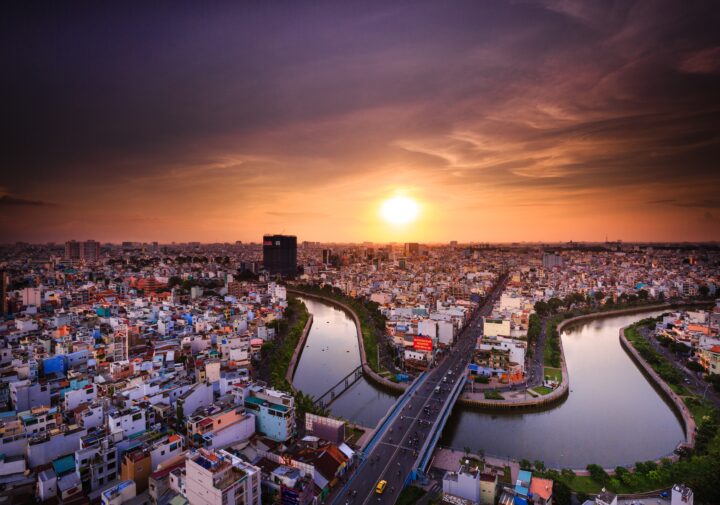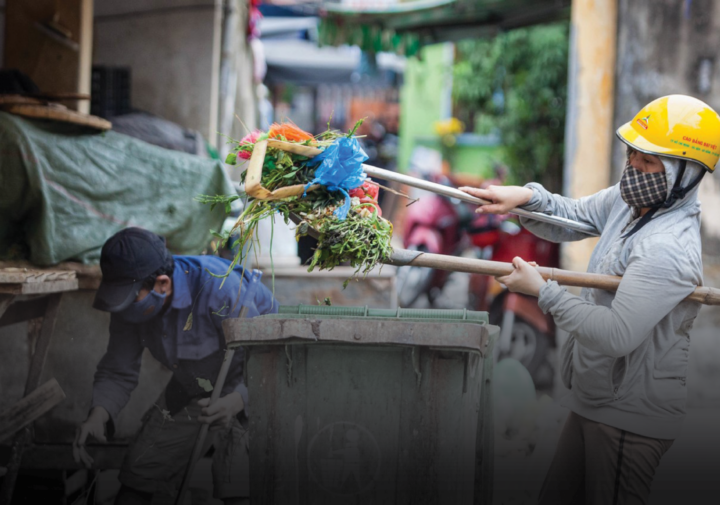The Save Our Seas Initiative is USAID’s new flagship initiative to combat ocean plastic pollution globally. Designed to support implementation of the Save Our Seas Act 2.0 of 2020, the Save our Seas Initiative will include $62.5 million in initial funding and will launch 14 new country and regional programs in key geographies that represent 40 percent of total global mismanaged plastic waste. It will also create significant opportunities to pool resources from the private sector and donor partners. The Save Our Seas Initiative will also demonstrate U.S. leadership on combating ocean plastic pollution and raise ambition and enable action in developing countries during the negotiations for a new global plastics agreement.
Background
The Save Our Seas Initiative builds on successes and lessons from USAID’s experience implementing ocean plastics solutions on the ground over the past six years, while scaling these approaches within key countries and to additional geographies for greater impact. Specifically, the Save Our Seas Initiative draws on effective methods for reducing mismanaged waste in partner countries developed under USAID’s existing global program Clean Cities, Blue Ocean; leverages the expertise and relationships of our field missions to expand country-level and regional programs to scale these efforts; and catalyzes greater private sector, donor, and interagency funding and partnerships to crowd-in additional funding.
Under the SOS Initiative, USAID will scale these approaches, by:
- Expanding existing programming in key countries. USAID is already working on the ground on preventing ocean plastic pollution in key countries including Indonesia, Vietnam, Philippines, Sri Lanka, the Maldives, Dominican Republic, and Peru. Under the Save Our Seas Initiative, USAID will scale up programs in these countries by advancing national policy reforms, building local government capacity, and leveraging additional public-private partnerships that invest in circular economy business models and infrastructure.
- Expanding programming to new geographies. USAID will replicate and expand these same approaches to additional key countries contributing to ocean plastic pollution, such as Ecuador, India, Nigeria, and the Eastern and Southern Africa regions. USAID has a long-standing presence on the ground in these countries, trusted relationships with ministries and local communities, and deep insights into the local contexts where we work.
- Catalyzing Investment from Donors, Partner Countries and the Private Sector. USAID will build on its track record of using targeted investments to catalyze significantly larger financing from private sector partners, such as the Alliance to End Plastic Waste and Circulate Capital, which mobilized $106 million in private sector financing for waste and recycling companies in Asia from a partial loan guarantee from USAID and the Development Finance Corporation. USAID’s focus on implementation is bringing new partners to the table by creating the missing pipeline of investible projects and turning plastic reduction commitments into real results. This approach has attracted other donor countries to invest in USAID programs, such as Norway, which recently invested $3.4 million into USAID’s Clean Cities Blue Ocean program.
Contact oceanplastics@usaid.gov for more information.



